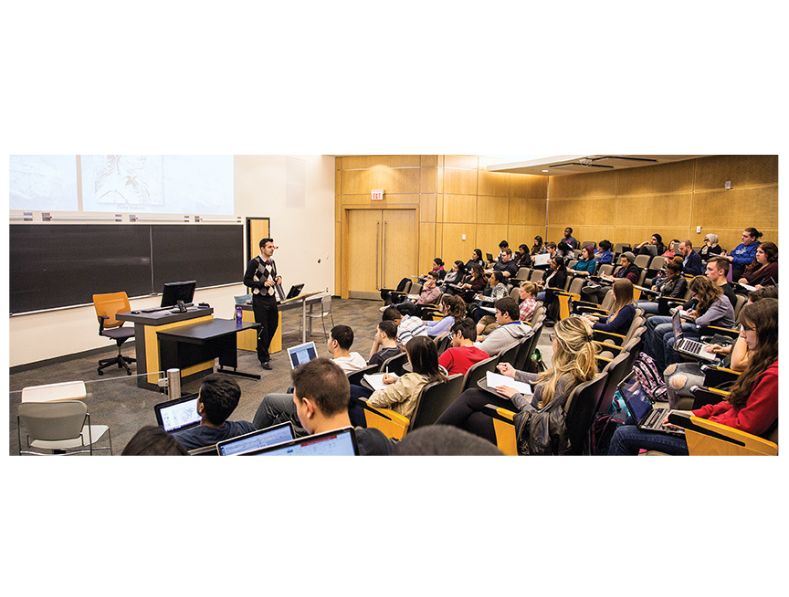
CIAN Seminar: Frontal lobe control of volitional movement and action modification elucidated via human pediatric intracranial recordings, by David Bonda (Cedars-Sinai Medical Center)
About this seminar:
The ability to flexibly control behaviour is a hallmark of executive function: it has been associated with indices of success in life, and its dysfunction contributes to a variety of psychiatric disorders. A better understanding of the neural basis of cognitive control can have an important impact on the understanding and treatment of disease, especially within the pediatric population, in which early executive deficits can be a harbinger of severe neuropsychological pathologies. Stopping or changing a planned action are specific instantiations of cognitive control. These processes are hypothesized to involve the hyper-direct pathway, a monosynaptic connection between the inferior frontal gyrus (IFG) and the ventromedial subthalamic nucleus (vmSTN), which communicates a “stop signal” to the motor thalamus. Tracing studies in nonhuman primates (NHP) further reveal that neurons of the vmSTN receive projections from the anterior cingulate cortex (ACC), and the presupplementary motor area (preSMA), which have both been demonstrated to contribute to another important facet of cognitive control: the initiation of voluntary movement. The physiological interactions between these frontal regions during cognitive control in the pediatric population are poorly understood. To better understand the role of the ACC, preSMA, and IFG in cognitive control, I will be combining single-unit and local field potential (LFP) recordings from pediatric epilepsy patients undergoing invasive monitoring while they perform tasks requiring (i) infrequent changes of planned actions and (ii) spontaneous initiation of actions. My research program is in its infancy, and I will be providing an overview of the philosophy, methodology and early preliminary data we have thus far.
About the speaker:
Bonda is a pediatric neurosurgeon at Cedars-Sinai Medical Center, Guerin Children’s in Los Angeles, CA who specializes in the surgical management of epilepsy and functional disorders of the brain. He received his BA in neuroscience at the University of Pennsylvania and his MD at Case Western Reserve University School of Medicine. After completing his neurosurgical residency training at the Donald & Barbara Zucker School of Medicine at Hofstra/Northwell, he went on to complete his fellowship in pediatric neurosurgery at the University of Washington/Seattle Children’s Hospital. His research program capitalizes on the intracranial recordings obtained for invasive seizure monitoring in kids to improve our understanding of the neural networks and single-unit activity enabling volitional control over reflexive and higher-order behaviour.
Date and time:
Friday, Oct. 18 – 2 p.m.
Location:
York Lanes, Room 280N
Keele Campus, York University
Link: yorku.ca/reesarch/cian.

